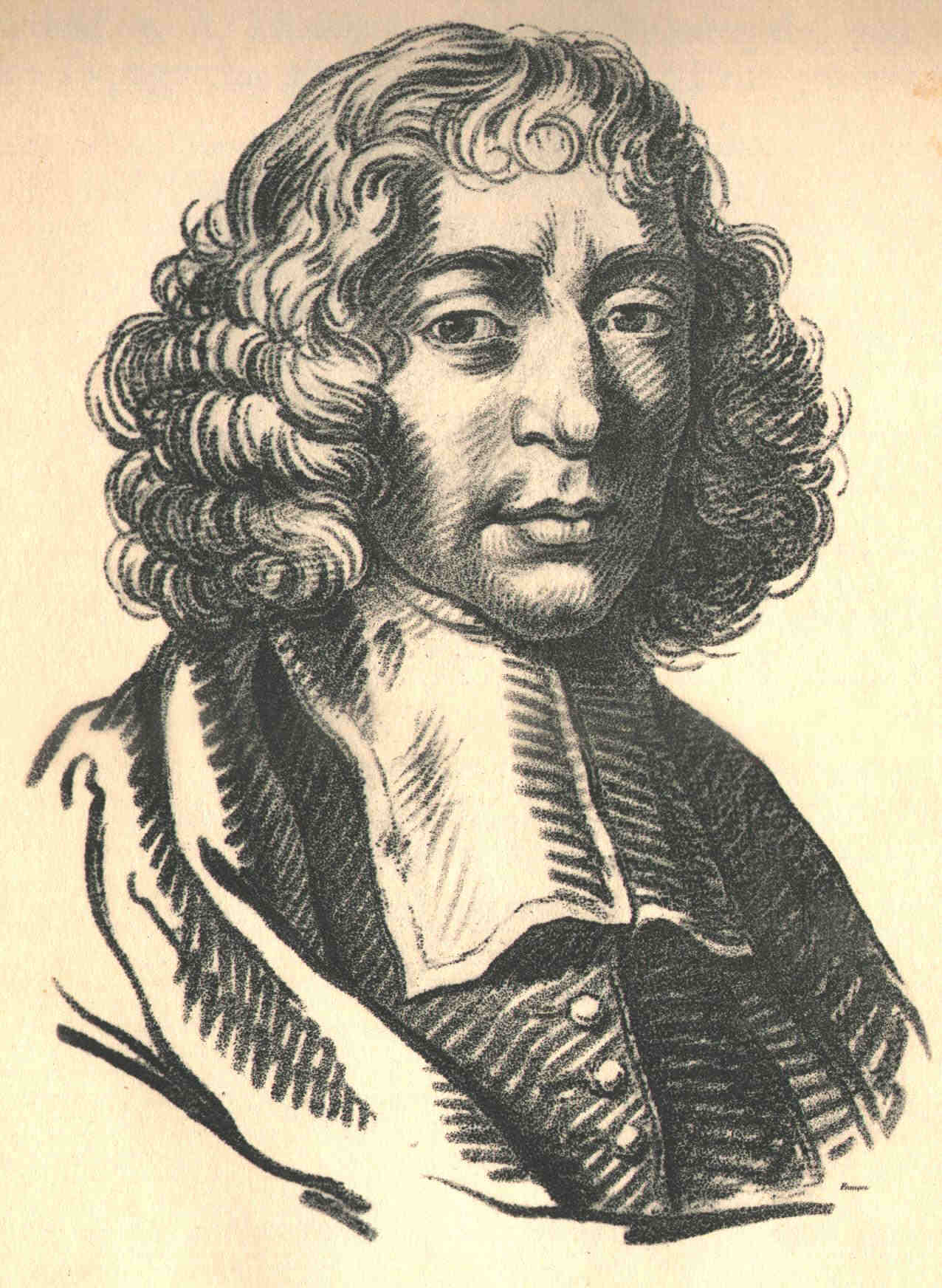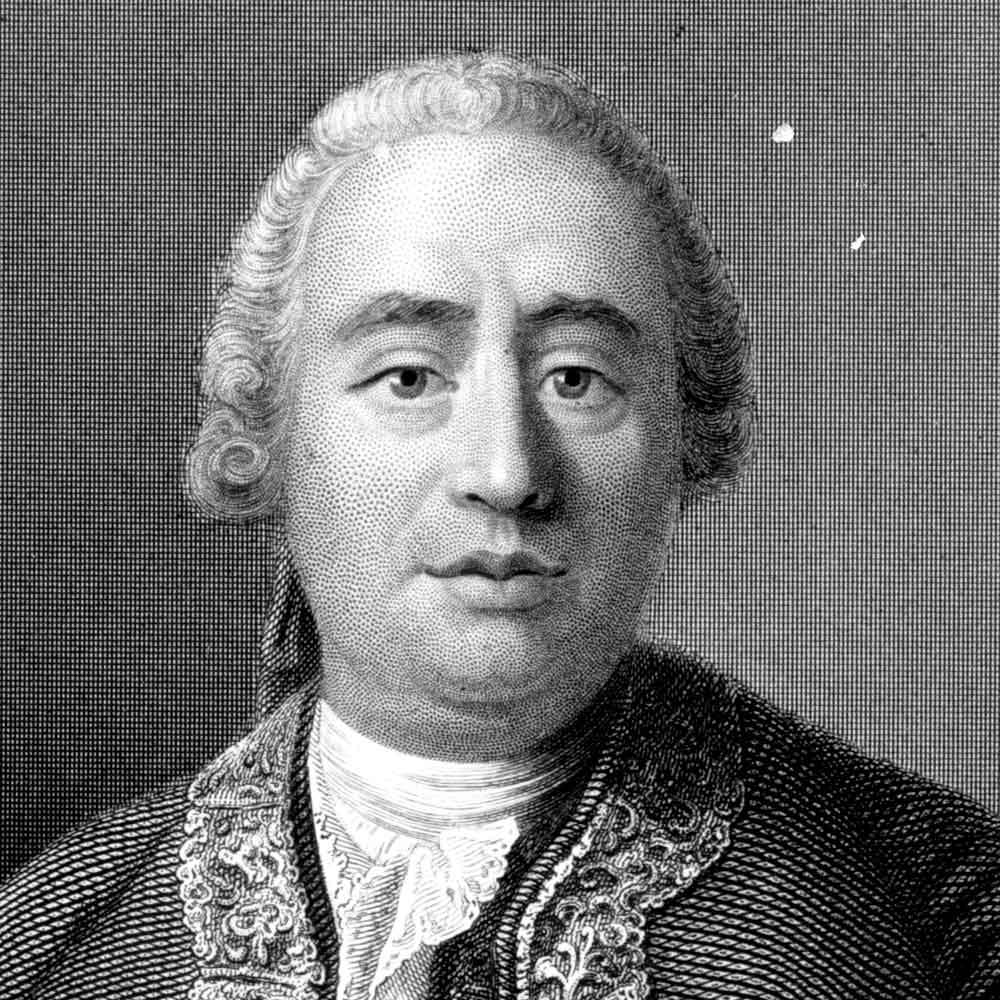Baruch Spinoza and Gottfried Leibniz: 17th Century Rationalism

Arguably, Baruch Spinoza, was the world’s most sensible mystic, who constructed the first thoroughly logical, consistent metaphysical system and made the first attempt at an objective, scientific study of human behavior. Spinoza is credited with carrying all arguments to their logical conclusions, even when those conclusions meant trouble! A pantheist and a pure determinist, who believed, as all good mystics do, in the oneness of the universe, in the supremacy of immutable natural law, in the necessity of learning to go with the flow. The other Rationalist, Gottfried Leibniz is considered by many to be one of the greatest logicians of all time, who invented infinitesimal calculus, and founded the first system of symbolic logic. A metaphysician in the tradition of Rene Descartes, he created the famous analogy of the Cartesian Clocks, which postulates that mind and body do not interact, but only seem to, because they are synchronized by God. Leibniz publicly espoused a philosophy that was pious, logical, and, one might say, somewhat simpleminded.
.jpg)





 great blog :)
great blog :) hope you’re changing the world as always :)
hope you’re changing the world as always :) Oldest operating bookstore
Oldest operating bookstore Photo gallery
Photo gallery Photo gallery
Photo gallery We need more teachers like you :)
We need more teachers like you :) Utterly Brilliant! I just thought you should know that you have engaged another human with your work here, and for that I thank you!
Utterly Brilliant! I just thought you should know that you have engaged another human with your work here, and for that I thank you! Photo gallery
Photo gallery Photo gallery
Photo gallery With all the magical places you are checking off your bucket list! I want to know how to be you :)
With all the magical places you are checking off your bucket list! I want to know how to be you :) Photo gallery
Photo gallery Photo gallery
Photo gallery Its really good to see you Milindo, with such awesome stuff from you as usual.. loved your blog as well!
Its really good to see you Milindo, with such awesome stuff from you as usual.. loved your blog as well! Photo Gallery
Photo Gallery So glad you enjoyed my photos, really honored to be featured on your blog. thank you sir!
So glad you enjoyed my photos, really honored to be featured on your blog. thank you sir! You are awesome :)
You are awesome :) Photo Gallery
Photo Gallery Photo gallery
Photo gallery i really like your blog – good interesting stuff as always !
i really like your blog – good interesting stuff as always ! I was just looking at your website… amazing it is… full of knowledge as always..
I was just looking at your website… amazing it is… full of knowledge as always.. Photo gallery
Photo gallery Still a fan of your unique and sweet finger strum on acoustic guitar. It made an ordinary guitar sound great. Would just love to see and hear one of those too.
Still a fan of your unique and sweet finger strum on acoustic guitar. It made an ordinary guitar sound great. Would just love to see and hear one of those too. veryveryinterestingwebsite.have been visiting! thankyou!
veryveryinterestingwebsite.have been visiting! thankyou! I discover TL of a writer and respected intellectual, with a tolerant, global conscience: @GhoshAmitav – tx @Milindo_Taid
I discover TL of a writer and respected intellectual, with a tolerant, global conscience: @GhoshAmitav – tx @Milindo_Taid Photo gallery
Photo gallery Photo gallery
Photo gallery Never thought I’d say this, but it was the most interesting classes I’ve sat in.. and of course, the day you played Sultans of Swing for us. Hope you continue to influence the next generations with your dynamic yet simple teachings.
Never thought I’d say this, but it was the most interesting classes I’ve sat in.. and of course, the day you played Sultans of Swing for us. Hope you continue to influence the next generations with your dynamic yet simple teachings. Photo gallery
Photo gallery Photo Gallery
Photo Gallery Just detected your blog: impressive. wishing you continued inspiration and health.
Just detected your blog: impressive. wishing you continued inspiration and health. Photo gallery
Photo gallery This is by far amongst the best curated creative content sites out there and the eye and vision of one man, when good, works better than any funded team. Inspired enormously once again :)
This is by far amongst the best curated creative content sites out there and the eye and vision of one man, when good, works better than any funded team. Inspired enormously once again :) Hi Milindo, hope you are inspiring many more around you…wherever you are!
Hi Milindo, hope you are inspiring many more around you…wherever you are! Photo gallery
Photo gallery You’re a role model sir, such awesomeness !!! :D
You’re a role model sir, such awesomeness !!! :D Photo gallery
Photo gallery You are inimitable!
You are inimitable! #NowFollowing @Milindo_Taid One of the most influential n interesting mentor from my design school. Always loaded. :)
#NowFollowing @Milindo_Taid One of the most influential n interesting mentor from my design school. Always loaded. :) You are the only faculty member I could connect to!
You are the only faculty member I could connect to! Photo gallery
Photo gallery OMG its like a painting!! you have taken photography to another level!!!
OMG its like a painting!! you have taken photography to another level!!! Love your site Milindo. I was excited to see you displaying my husband’s watermelon carvings
Love your site Milindo. I was excited to see you displaying my husband’s watermelon carvings Absolutely amazing blog – a chest full of treasure.
Absolutely amazing blog – a chest full of treasure. Photo gallery
Photo gallery Milindo Taid – ace teacher, rockstar guide to my projects at film school, guitarist and photographer too. Really good human being as well
Milindo Taid – ace teacher, rockstar guide to my projects at film school, guitarist and photographer too. Really good human being as well Milind never told u but u were my first true inspiration….I almost learnt the guitar watching u play…..thanx for being there
Milind never told u but u were my first true inspiration….I almost learnt the guitar watching u play…..thanx for being there love ur pics…they are like those moments which u capture in your mind and wished u had a camera right at that moment to capture it…but u actually do capture them :) beautiful…!!!
love ur pics…they are like those moments which u capture in your mind and wished u had a camera right at that moment to capture it…but u actually do capture them :) beautiful…!!! Guitar in your hand reminds me of the MCRC days! You are terrific… :)
Guitar in your hand reminds me of the MCRC days! You are terrific… :) Grt milindo. eachtime want to check out something good on net…know where to go now!
Grt milindo. eachtime want to check out something good on net…know where to go now! Your website is full of delightful posts. I’m going to have to watch where my time goes when I’m visiting! :)
Your website is full of delightful posts. I’m going to have to watch where my time goes when I’m visiting! :) Your courses were always the best. By the way, just went through a bit of your website. It’s great! Some good stuff in there that I wouldn’t normally chance upon
Your courses were always the best. By the way, just went through a bit of your website. It’s great! Some good stuff in there that I wouldn’t normally chance upon Photo gallery
Photo gallery Photo gallery
Photo gallery